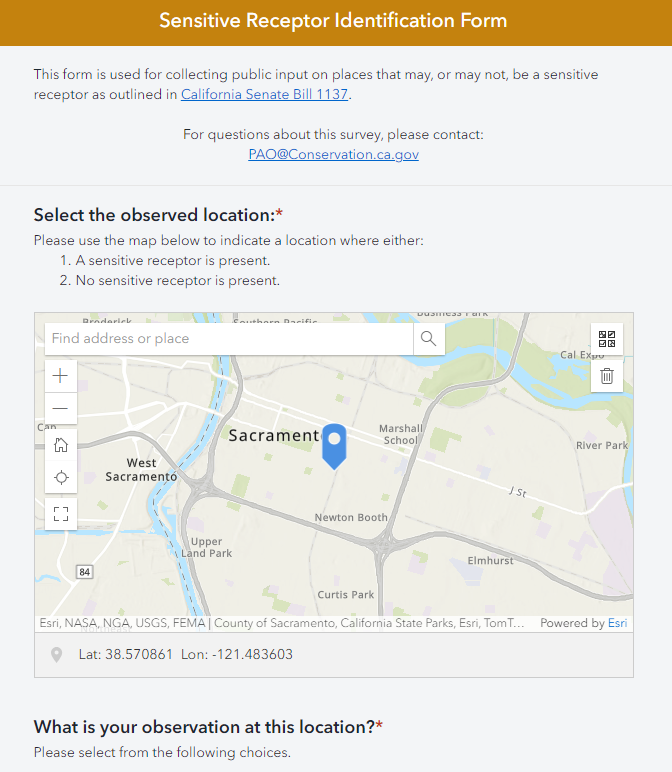Senate Bill 1137: Now In Action!
.png)
Senate Bill 1137, which I authored in 2022 to end neighborhood oil drilling and protect our communities from Big Oil pollution, is now being implemented by the California Department of Conservation (CalGEM). As part of this implementation, CalGEM has made available a form to collect public input on sensitive receptors. SB 1137 prohibits the issuance of well permits and the construction and operation of new production facilities within 3,200 feet of a sensitive receptor. Examples of sensitive receptors include residences, schools, community resource centers, health care facilities, live-in housing, or businesses open to the public. Continue reading to learn more about CalGEM’s implementation of the law and access the form to report a sensitive receptor.
Updates from CalGEM
- Health Protection Zones: This map viewer depicts health protection zone boundaries and the locations of oil and gas wells.
- Sensitive Receptor Identification Form: Use this online form to share input on places that may, or may not, be a sensitive receptor as outlined in Senate Bill 1137.
The image below is a preview of the sensitive receptor form on CalGEM's website:
Past Meetings
SB 1137 Implementation Public Workshop, November 2022
- CalGEM SB 1137 Public Workshop | November 3, 2022 - PowerPoint (PDF)
- CalGEM SB 1137 Public Workshop | November 3, 2022 - Recording (You Tube)
Timeline
June 28, 2024: The provisions of Senate Bill 1137 are now in effect. More detailed information on the regulations can be found in the Notice to Operators (NTO 2024-06) (PDF).
February 3, 2023: The provisions of SB 1137 have been suspended, see the related Notice to Operators (NTO 2023-03).
January 6, 2023: The requirements established by Senate Bill 1137 (Gonzalez, Chapter 365, Statutes of 2022), adding Public Resources Code sections (PRC) 3280 through 3291, went into effect January 1, 2023. On January 6, 2023, CalGEM's emergency regulations to support implementation of these requirements were approved by the Office of Administrative Law (OAL), filed with the Secretary of State and made effective the same day. For information on compliance, please see the Compliance Assistance section below. More detailed information on the regulations can be found here .
For more information visit CalGem's website, here.

